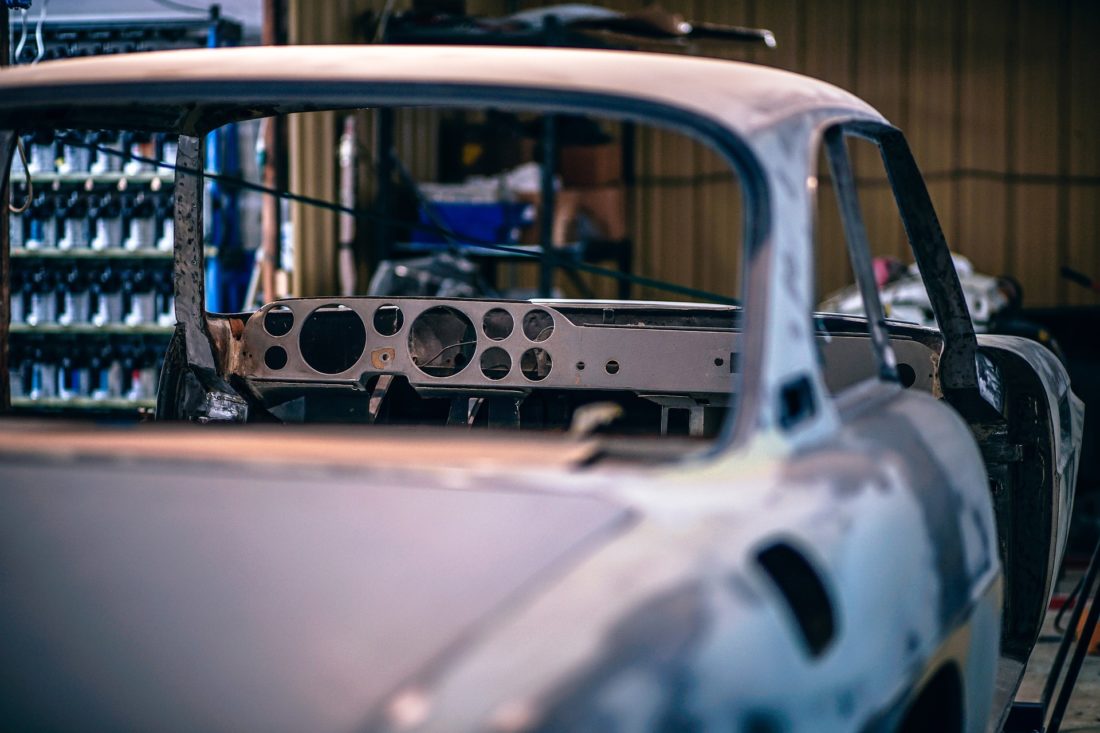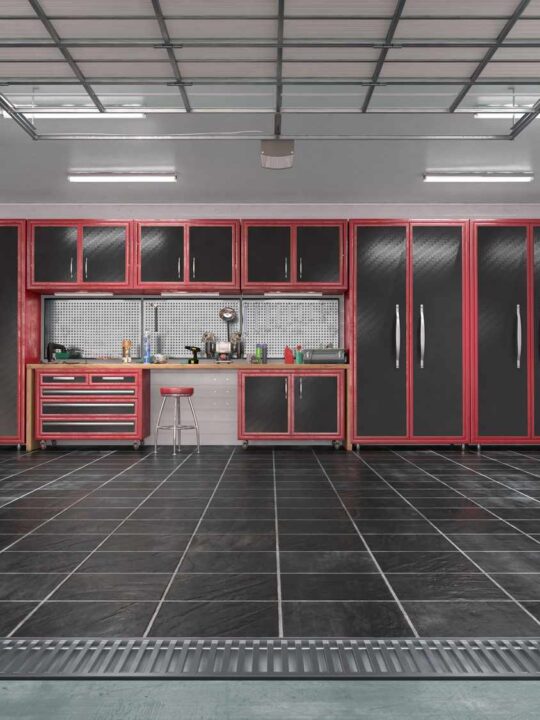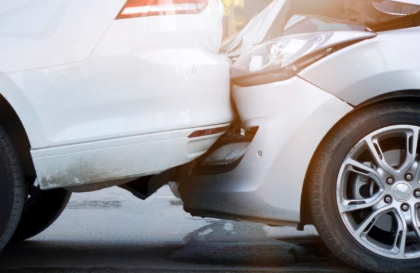
Independent auto body and collision repair shops are facing an existential crisis as the nature of the industry shifts towards larger operations. In 1995, smaller shops made up 44.3 percent of the total number of collision repair shops, but in 2016, smaller shops made up only 5.3 percent of the total.
Competition from larger shops shouldn’t be a deal-breaker for someone wishing to open up a small shop – demand for collision repair is strong, and even with a growing presence from larger shops, the industry as a whole will face even greater demand in the coming years. The average age of a collision repair technician has risen consistently, with a growing percentage of technicians over 50 years old. What this means is that in the coming years, more technicians will be retiring from shops of all sizes, and the need for good talent will increase. A small shop owner with strong skills and a good social network will be able to take advantage of these demographic trends to launch a new business and succeed quickly.
Launching a business of any type carries certain risks, and before renting a garage and hanging out a sign, a prospective collision repair entrepreneur should ask these five key questions:
How will you attract talented technicians to work for you? One out of every seven technicians left their jobs within the last year, and half of all technicians have been with their current employer for less than five years. Of those who left their jobs, over half left for another shop. This industry turnover means more competition for good technicians, with average incomes of $53,857. Posting an ad isn’t going to yield great results. More shops have had success in finding entry-level technicians by asking vendors for referrals, and in working directly with technical schools.
Do you and your staff have the education and training needed? Sixty-eight percent of technicians have had some sort of I-CAR training in the last two years, and 36 percent have had some OEM training. In addition to attracting trained talent from technical schools, you will also benefit from having a good selection of in-house training manuals and videos. Check with vendors who supply collision shop equipment, often they will also carry training DVDs which offer very specific instruction on how to use different types of equipment and how to execute commonly-requested tasks. Auto Body ToolMart is an excellent source of manuals and videos, which are excellent for learning tasks as you need them, at your own pace.
Should you specialize or offer a broader range of services? Start-up costs may be significant if you want to offer every type of service. On the other hand, shops which specialize have an inherent marketing advantage, while also incurring lower overhead. A paint shop for example, will need a good paint booth and paint equipment, but other costly tools such as engine diagnostics computers may be less important in the initial startup phase if you choose to specialize in that niche.
Do you have a marketing plan?Without a marketing plan, it doesn’t matter how good of a technician you are – your shop will never go anywhere. While larger shops often rely on corporate headquarters or co-op ads, smaller shops often do little or no advertising at all – and both strategies are far too limited. In addition to effective signage, along with local print, television or radio, audiences today are relying more on social media and peer reviews for referrals and decision-making. A vibrant and information-rich website and a significant digital footprint is the necessary first step, followed quickly with an active social media campaign which includes not only regular posts, but an active role in communicating with and responding to customers who make comments on social media.
Have you planned your cash flow and initial funding requirements? This important question is relevant to any business – and today, launching a collision repair shop carries expenses that a new shop would not have had to endure fifty years ago. Equipment is more precise and sophisticated, new technicians expect a solid middle-class salary with at least some benefits, and as mentioned above, a marketing budget is every bit as important as an equipment budget. Don’t neglect marketing in your initial calculations.
Business loan approvals in 2018 are hitting a post-recession high – and the Small Business Administration is processing more loans to smaller companies, both factors which contribute to a positive outlook for a small collision repair shop. In the past, smaller entrepreneurs may have hesitated to take the first step, but this year, the timing may be perfect for a new venture.







